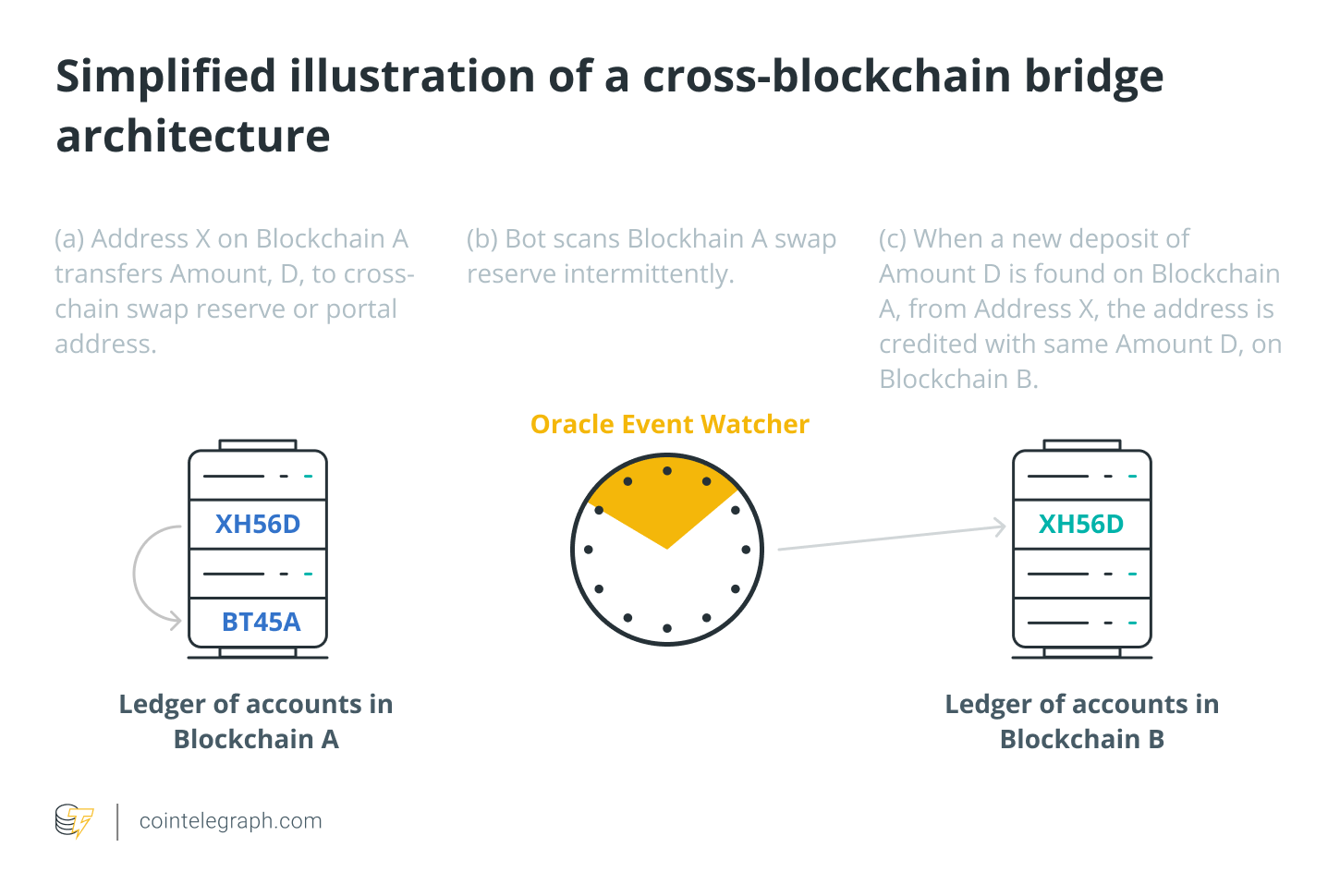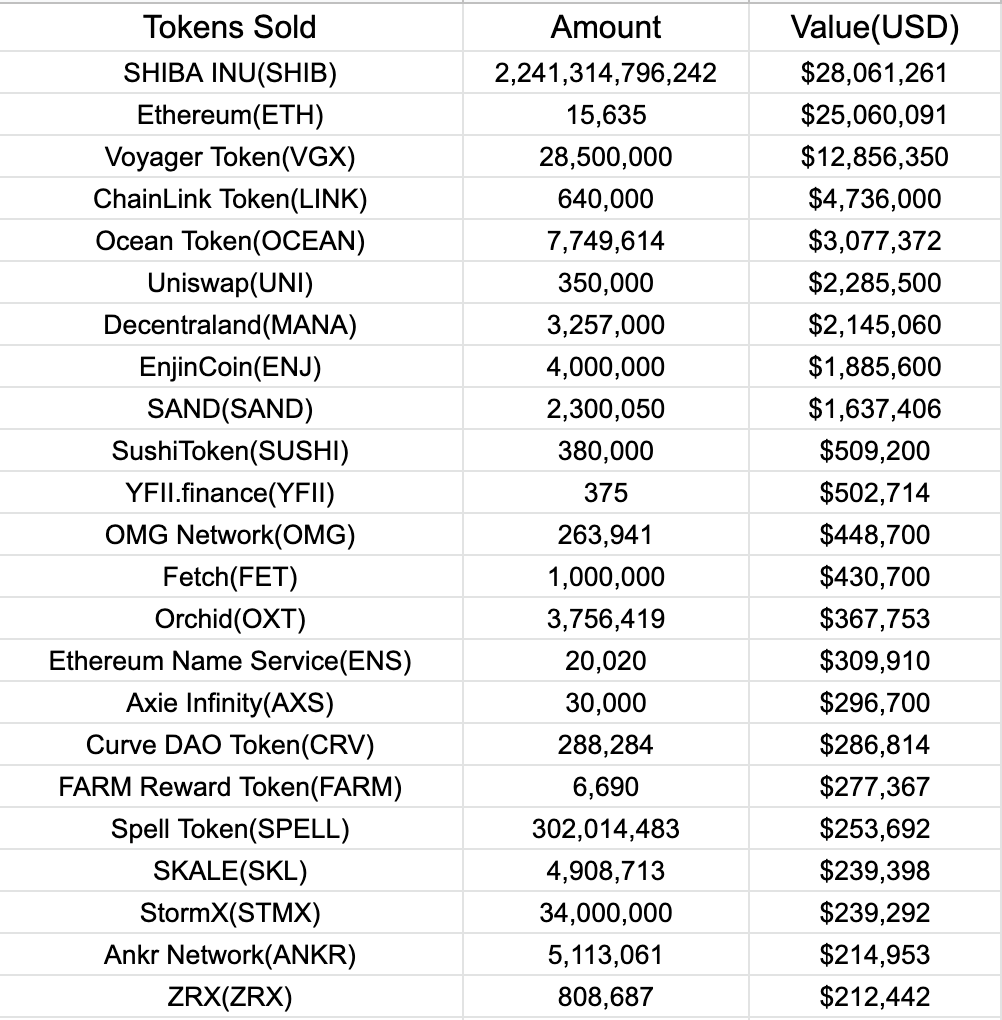
In today’s digital age, cybersecurity has become a critical aspect of almost every business. Cyber threats are increasing daily, and businesses must take proactive measures to protect their networks and data. As a result, the demand for cybersecurity professionals has skyrocketed.
Little Friday humour #meme #cybersecurity @hackurityio pic.twitter.com/MArEpCh03k
— Harold De Vries (@devries_harold) February 17, 2023
In this article, we will discuss the top seven cybersecurity jobs that are in high demand.
Cybersecurity analyst
A cybersecurity analyst is responsible for identifying and mitigating cyber threats to an organization’s network and data. They examine system logs and network traffic to find and fix security holes. Additionally, they create and implement security policies and processes to defend the company against future cyberattacks.
Cybersecurity analysts often require a bachelor’s degree in cybersecurity or a related discipline. They may also hold certifications like compTIA security+, certified information systems security professional (CISSP) or certified ethical hacker.
Top 10 Cybersecurity Certifications to Boost your Career in 2023
1. eLearnSecurity Junior Penetration Tester (eJPT)
2. (ISC)2 Certified Information Systems Security Professional (CISSP)
3. (ISC)2 Certified Cloud Security Professional (CCSP)— Security Trybe (@SecurityTrybe) February 21, 2023
Cybersecurity engineer
A cybersecurity engineer is responsible for designing and implementing security measures to protect an organization’s network and data. They assess the security requirements of the company and create security tools, including firewalls, intrusion detection systems and encryption software. To make sure security solutions are effective, they test and assess them.
Cybersecurity engineers often require a bachelor’s degree in cybersecurity or a similar discipline. They may also hold certifications like certified information security manager (CISM) or CISSP.
Security consultant
A security consultant advises organizations on the best security practices and strategies. They conduct risk assessments and audits to find weaknesses and provide security solutions. They also create security policies and processes and train staff members on best practices.
Security consultants frequently hold qualifications like the CISSP or CISM and a bachelor’s degree in cybersecurity or a related profession.
Related: 5 high-paying careers in data science
Information security manager
An information security manager manages an organization’s information security program. They create and put into practice security policies and processes, supervise security audits and assessments, and guarantee that all legal requirements are met. They also manage security incidents and collaborate with other departments to ensure that security precautions are incorporated into every facet of the company.
9. Information Security Certifications:
– CompTIA Security+
– Certified Ethical Hacker (CEH)
– GIAC Security Essentials (GSEC)
– Certified Information Systems Security Professional (CISSP)
– Certified Information Security Manager (CISM)— ‘Tunde Omotoye (@TundeTASH) May 19, 2020
Typically holding a bachelor’s degree in cybersecurity or a similar profession, information security managers may also have credentials like CISSP, GIAC Security Essentials or CISM.
Penetration tester
A penetration tester tests an organization’s network and systems for vulnerabilities. They run simulated attacks to find gaps in the company’s security measures. To address discovered vulnerabilities, they also create and implement security solutions.
Penetration testers typically hold a bachelor’s degree in cybersecurity or a closely related discipline. They may be certified as an ethical hacker or have the CISSP certification.
Security architect
A security architect is responsible for designing and implementing security solutions for an organization’s network and data. They create security designs and architectures and assess new security technology. Additionally, they ensure that security precautions are included in all procedures and systems the company uses.
Security architects commonly hold a bachelor’s degree in cybersecurity or a closely related discipline, and they may be certified in positions like CISM or CISSP.
Related: 11 tech jobs that do not require coding skills
Cybersecurity manager
A cybersecurity manager is responsible for managing an organization’s cybersecurity program. They oversee cybersecurity operations and staff, create and implement security policies, and guarantee regulatory compliance. They also manage security incidents and collaborate with other departments to uphold best security practices.
Most cybersecurity managers hold a bachelor’s degree in the subject or one closely related to it, and some have certifications like CISM or CISSP.






After reading your article, it reminded me of some things about gate io that I studied before. The content is similar to yours, but your thinking is very special, which gave me a different idea. Thank you. But I still have some questions I want to ask you, I will always pay attention. Thanks.